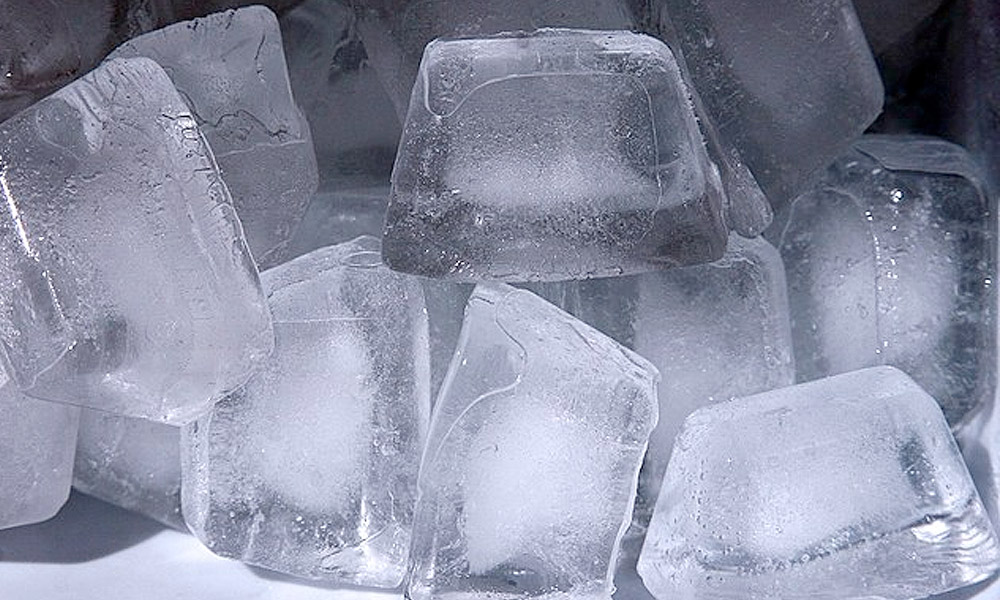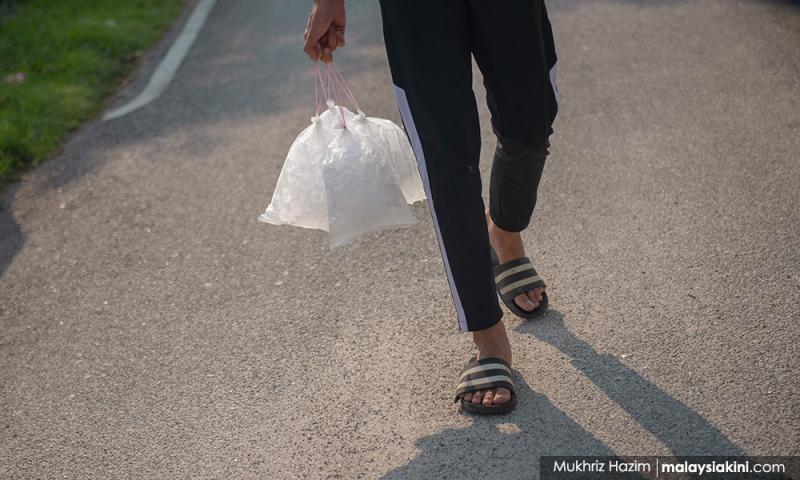LETTER | Ensuring safe ice production crucial for consumer health
LETTER | There has been growing concern over the safety and quality of ice supplied by certain factories, raising potential health risks for consumers.
Contaminated ice may harbour harmful bacteria like E coli, Listeria, and Salmonella, as well as viruses such as Hepatitis A and Norovirus, or parasites that can lead to foodborne illnesses with symptoms like diarrhoea, vomiting, stomach cramps, fever, and dehydration.
To mitigate these health issues, it is crucial to prioritise proper hygiene practices, utilise clean and safe water sources for ice production, and adhere to recommended guidelines for handling and storing ice.
Consumers must exercise caution regarding the origin of the ice they use and opt for reputable and licensed establishments.
Moreover, ice manufacturers and food service businesses should strictly comply with relevant regulations and maintain high hygiene standards to prevent ice contamination and safeguard public health.
The Malaysian Association of Standards Users has responded to these concerns by applauding the Health Ministry's proactive approach to regulating ice factories and enforcing safety standards.
In accordance with Regulation 394A (4) of the Food Regulations 1985, the Health Ministry now requires all ice factories serving businesses or the public to obtain a valid Health Ministry licence.
This aligns with the guidelines provided by ISO 6369 - ice makers for commercial use, which prioritise hygiene, safety, and self-monitoring in ice production.
The introduction of Health Ministry licences for ice factories is a critical step in enhancing safety standards. Food Safety and Quality senior director Norrani Eksan highlighted that obtaining a licence involves a comprehensive inspection of the factory.

During the process, water and ice sampling will be conducted to verify the safety of the water source used in ice production. This procedure aligns with ISO 6369's emphasis on ensuring the cleanliness and suitability of water used in ice-making processes.
The regular inspection of licensed factories will help identify potential risks and ensure adherence to necessary standards.
To further enhance accountability, licensed ice factories are required to carry out self-monitoring at least once a year. Self-monitoring allows factories to identify and address potential issues proactively, fostering a culture of responsibility and continuous improvement.
ISO 6369 promotes such self-monitoring practices, recognising their effectiveness in maintaining ice quality and safety. Failure to comply with self-monitoring obligations could lead to the suspension of the factory's licence, reinforcing the importance of adhering to these requirements.
Unlicensed factories
The Health Ministry's commitment to regulating ice factories extends to dealing with unlicensed establishments. The enforcement actions taken against unlicensed factories, as reported by Norrani, demonstrate the government's determination to eliminate unsafe ice production practices.
Penalties, including fines of RM10,000 or imprisonment for not more than two years, serve as strong deterrents against operating without a valid licence.
Consumers are advised to be cautious and avoid purchasing ice from unlicensed sources to safeguard their health.
Consumers play a vital role in ensuring their safety when consuming ice. By opting to buy ice from licensed factories, consumers can be assured that their ice has undergone rigorous inspections and adheres to safety guidelines.
The Health Ministry's Food Safety and Quality Division (FSQD) provides a valuable resource for consumers seeking information about licensed ice factories. By staying informed and making informed choices, consumers contribute to the collective effort of promoting safe ice consumption.
The Health Ministry's initiative to require licences for ice factories, aligned with the recommendations of ISO 6369, marks a significant step towards safeguarding public health.
By enforcing regular inspections, promoting self-monitoring, and taking action against unlicensed operators, the ministry aims to ensure the safety and quality of ice available in the market.
Consumers, too, play a vital role in this endeavour by making informed decisions and supporting licensed ice factories. By working together, stakeholders can create an environment where safe and hygienic ice production becomes the norm, minimising health risks and ensuring the well-being of all consumers.
The writer is secretary-general of the Malaysian Association of Standard Users.
The views expressed here are those of the author/contributor and do not necessarily represent the views of Malaysiakini.
RM12.50 / month
- Unlimited access to award-winning journalism
- Comment and share your opinions on all our articles
- Gift interesting stories to your friends
- Tax deductable
